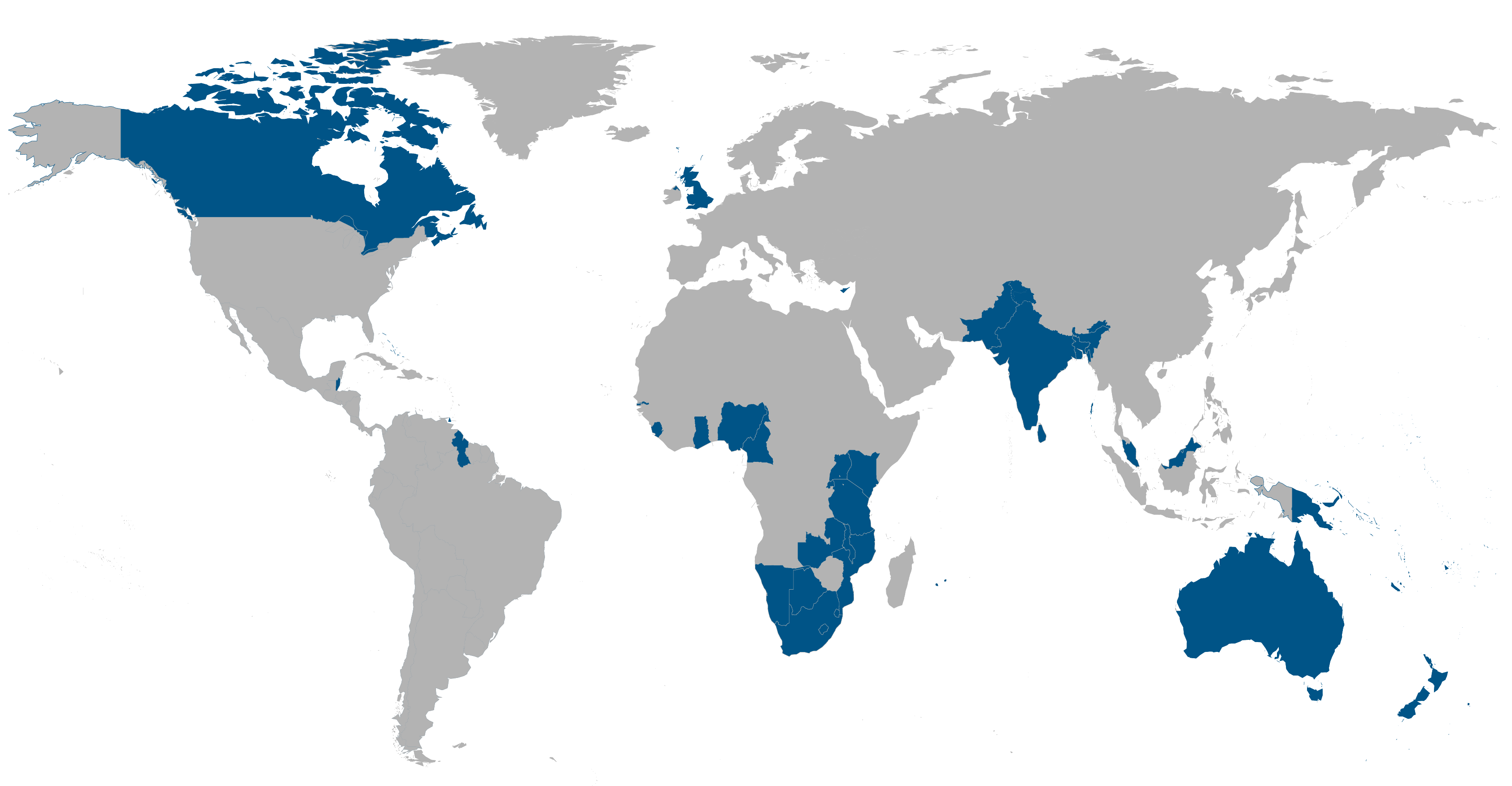Written by the Mackenzie Tax and Estate team
As advisors increasingly embrace the family office and holistic wealth planning approach, conversations with their clients frequently turn to a basic but significant aspect of estate planning — the office of the executor or personal representative (the estate trustee in Ontario and liquidator in Quebec).
The immediate question early in the estate planning process revolves around the office and the naming of the executor.
In its simplest form, the executor is the individual or entity appointed to carry out the terms of the will, including the administration of the estate.
When choosing an executor, several things must be considered, including:
- The residency of the executor.
- Whether a bond or security is required to be posted for an out-of-jurisdiction (province/country) executor.
Estate bonds
An estate bond or security (also known as a probate bond) is essentially an insurance policy that the executor is compelled by law to take out, ensuring that the executor faithfully carries out their fiduciary responsibilities. At the same time, it protects the interests of the beneficiaries of the estate in the event of mismanagement. In many instances, the executor (also known as the principal) is expected to pay for the cost of the bond, and once their appointment is approved, they can seek reimbursement from the estate.
Common-law requirements
Common-law provinces generally require the posting of an estate bond by the administrator of an intestate estate (where the deceased died without a will). In many cases, this is irrespective of the administrator’s place of residence. In addition, most common-law provinces require the posting of an estate bond if the executor named in the will resides outside of the province or country.
Non-resident executors
Apart from the logistical issues that come with naming a non-resident executor, it may also require more time, effort and cost to obtain the required estate bond. The cost is required to be at least the sworn value of the estate (or in some provinces the value of the deceased’s estate located in the province); or even as high as double the value of the estate.
Clients may need to revise their wills if they have already named out of province/country executors, but for some this may not be an option. If the client has lost testamentary capacity, they would also lose the ability to revise their wills.
There is some recourse, however, as the estate administration and surrogate acts of these provinces may also provide a reduction or complete dispensation from posting bond.
Exemption from posting bond
Depending on the province, non-resident executors are provided a variety of exemptions from posting bond. Examples are:
- If there are more than one executor and one resides in the province.
- If the public guardian and trustee, or other provincial government agency is named executor.
- If a trust company is named sole or co-executor.
For Ontario, if the non-resident executor “resides elsewhere in the Commonwealth” (for example, in Australia), they would be exempt from posting bond, but a non-resident executor residing in the United States (for example) would not. The Commonwealth consists of 56 countries, most of which were once ruled by Britain.
The Commonwealth
Click here to learn more about the Commonwealth countries.

Dispensation or reduction of bond
There are also various criteria that allow the non-resident executor to apply for a reduction in the value of the bond or a complete dispensation from posting bond. Examples are:
- If the estate has no debts.
- If there are debts, but creditors have been paid.
- Small estates if the value of the estate is below a certain threshold.
- If the administrator is also the sole beneficiary of the estate.
- If all beneficiaries are adults and provide written consent to waive bond.
- For minors and/or incapacitated beneficiaries, the consent of the public guardian and trustee is required.
Bond cancellation
The bond is typically cancelled when final accounts are passed, the residue of the estate paid to the beneficiaries and, in some cases, written release by the beneficiaries is secured by the executor.
Summary
Each province/territory in Canada has different rules. Advisors should familiarize themselves with the rules in their jurisdiction.
If you have any questions regarding non-resident executors and the need to post bond, please contact your Mackenzie sales team.
The content of this article (including facts, views, opinions, recommendations, descriptions of or references to, products or securities) is not to be used or construed as investment advice, as an offer to sell or the solicitation of an offer to buy, or an endorsement, recommendation or sponsorship of any entity or security cited. Although we endeavour to ensure its accuracy and completeness, we assume no responsibility for any reliance upon it. This should not be construed as legal, tax or accounting advice. This material has been prepared for information purposes only. The tax information provided in this document is general in nature and each client should consult with their own tax advisor, accountant and lawyer before pursuing any strategy described herein as each client’s individual circumstances are unique. We have endeavored to ensure the accuracy of the information provided at the time that it was written, however, should the information in this document be incorrect or incomplete or should the law or its interpretation change after the date of this document, the advice provided may be incorrect or inappropriate. There should be no expectation that the information will be updated, supplemented or revised whether as a result of new information, changing circumstances, future events or otherwise. We are not responsible for errors contained in this document or to anyone who relies on the information contained in this document. Please consult your own legal and tax advisor.